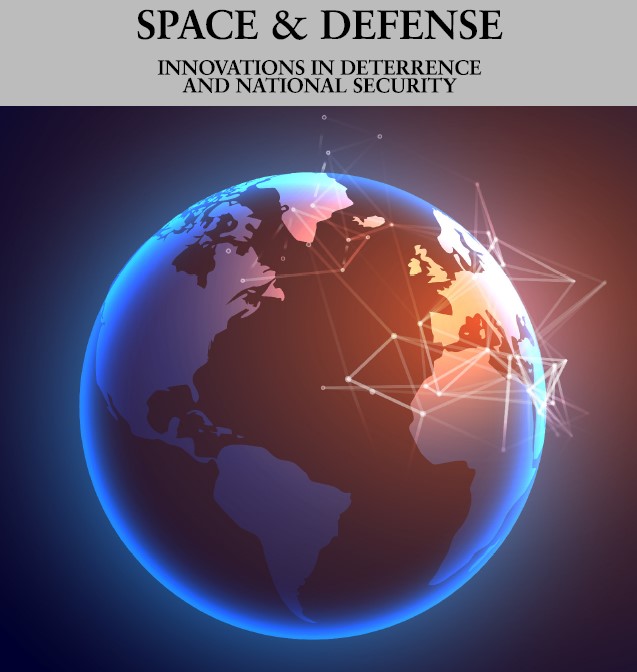Space and Defense

Abstract
This article argues that the accelerating proliferation of space debris in low Earth orbit (LEO) poses an existential threat to the sustainability of the orbital environment—one comparable in strategic gravity to nuclear deterrence during the Cold War. Drawing on liberal internationalist theory and the concept of Mutually Assured Destruction (MAD), the paper asserts that deliberate satellite destruction through anti-satellite (ASAT) testing and negligent debris generation risk triggering a self-sustaining cascade of collisions known as the Kessler Syndrome. Existing treaties, including the Outer Space Treaty and the Artemis Accords, lack enforceable mechanisms to prevent such catastrophic harm. To fill this legal gap, Cook proposes codifying a new customary international law (CIL) norm that would prohibit kinetic actions in space that foreseeably cause “long-term, widespread, and severe” environmental damage—language rooted in humanitarian and environmental law, particularly Additional Protocol I and the ENMOD Convention. The article contends that customary law offers a flexible, politically feasible path to mitigate orbital degradation when new treaties are unlikely. By grounding this obligation in established legal principles and liberal cooperation, the author envisions a global framework of restraint and accountability capable of preventing Earth’s orbital environment from becoming an inaccessible “debris prison.”
DOI
10.32873/uno.dc.sd.16.02.1323
Creative Commons License

This work is licensed under a Creative Commons Attribution 4.0 License.
Recommended Citation
Cook, Jacob
(2025)
"EARTH’S ORBITAL PRISON: CODIFYING CUSTOMARY LAW TO PREVENT ENVIRONMENTAL CATASTROPHE IN SPACE,"
Space and Defense: Vol. 16:
No.
2, Article 11.
DOI: 10.32873/uno.dc.sd.16.02.1323
Available at:
https://digitalcommons.unomaha.edu/spaceanddefense/vol16/iss2/11
Included in
Asian Studies Commons, Aviation and Space Education Commons, Defense and Security Studies Commons, Eastern European Studies Commons, International Relations Commons, Leadership Studies Commons, Near and Middle Eastern Studies Commons, Nuclear Engineering Commons, Science and Technology Studies Commons, Space Vehicles Commons
